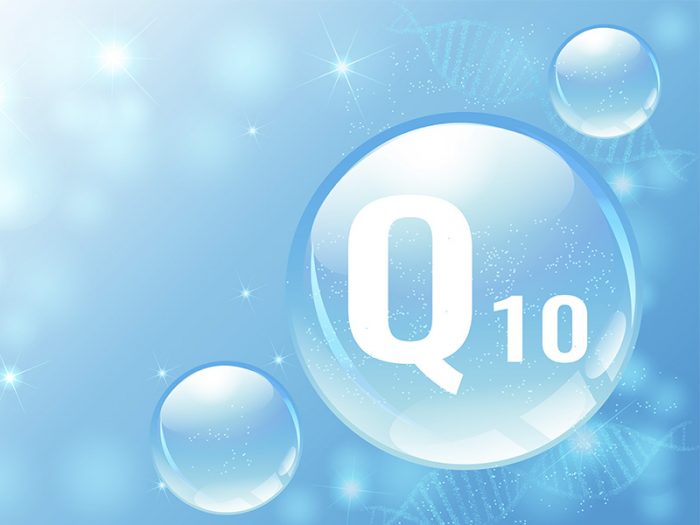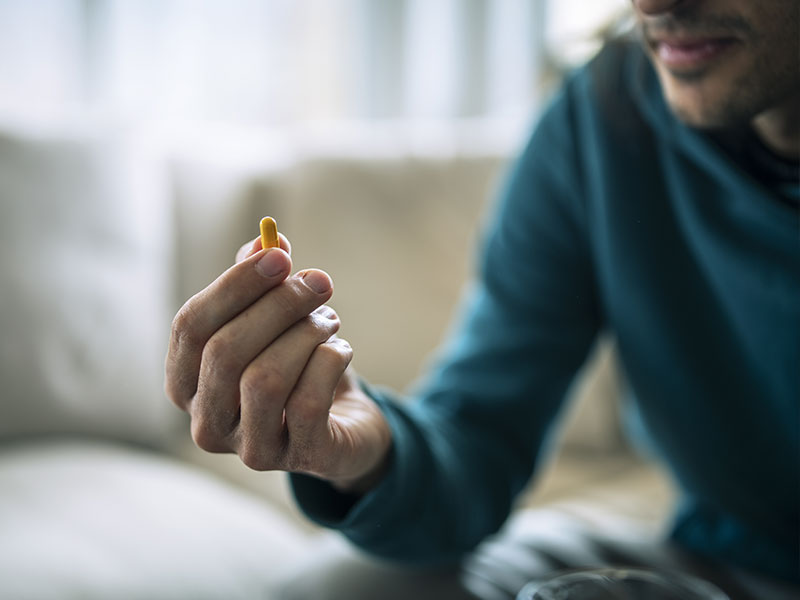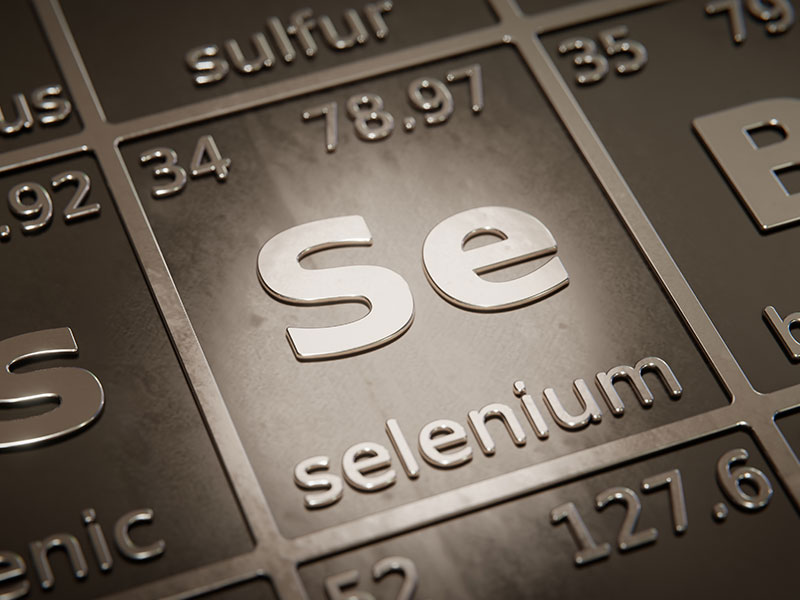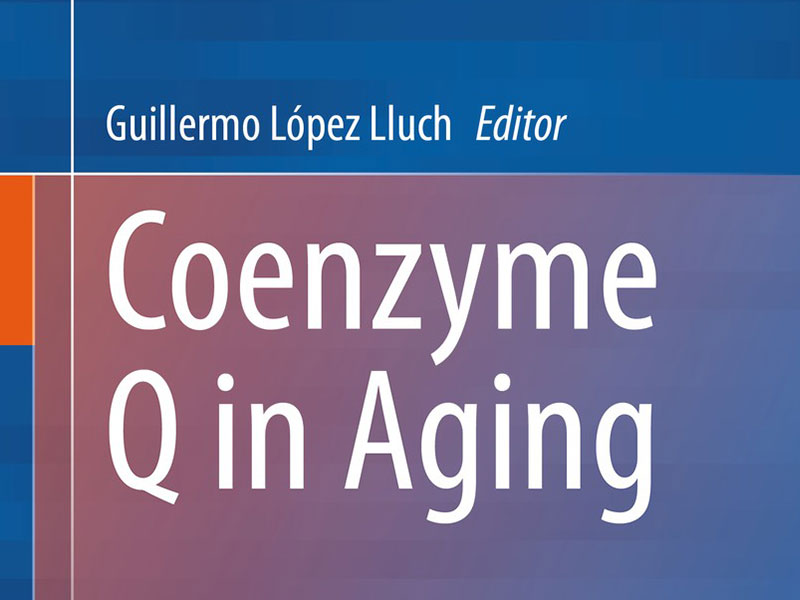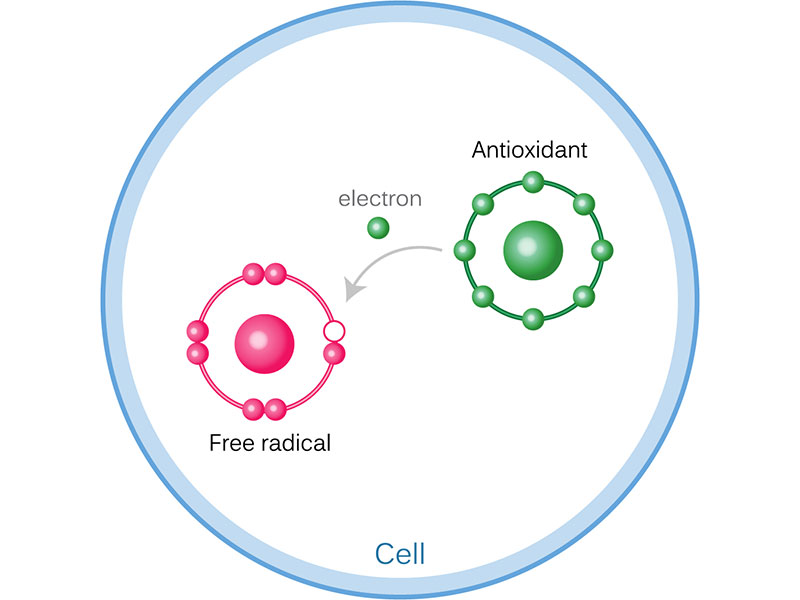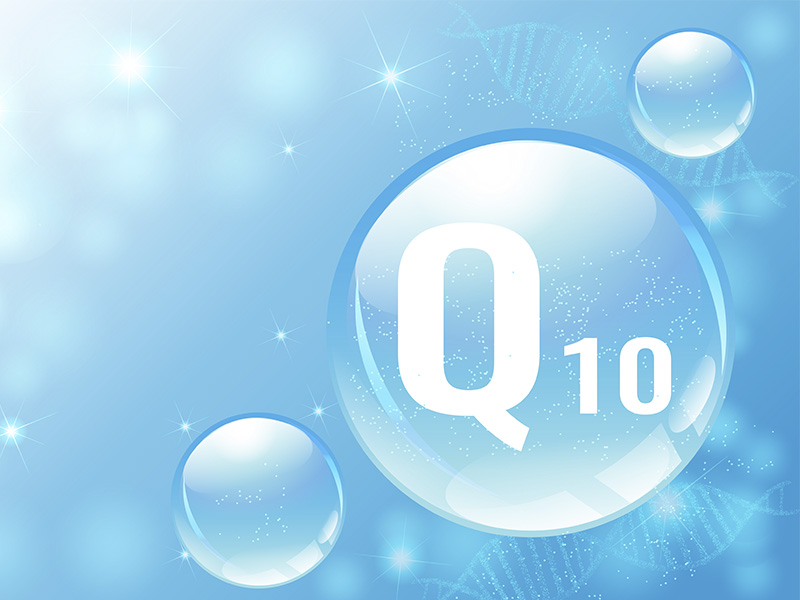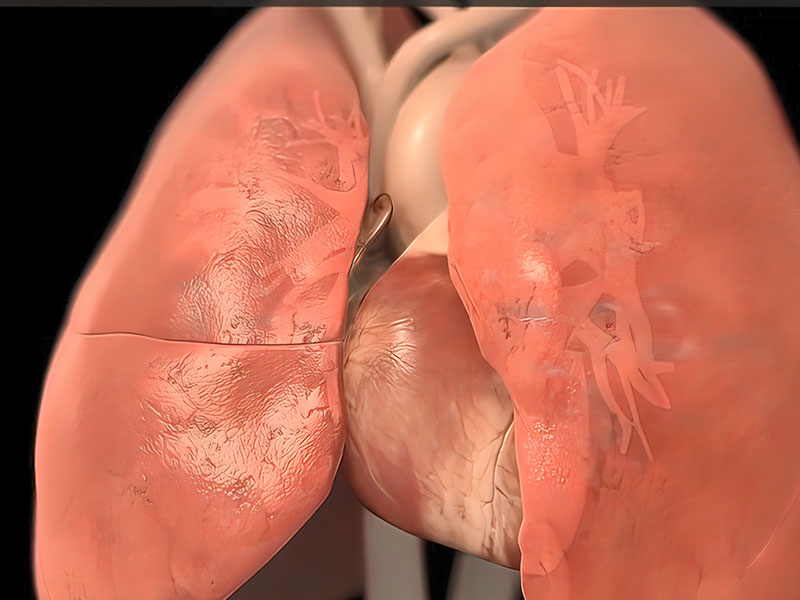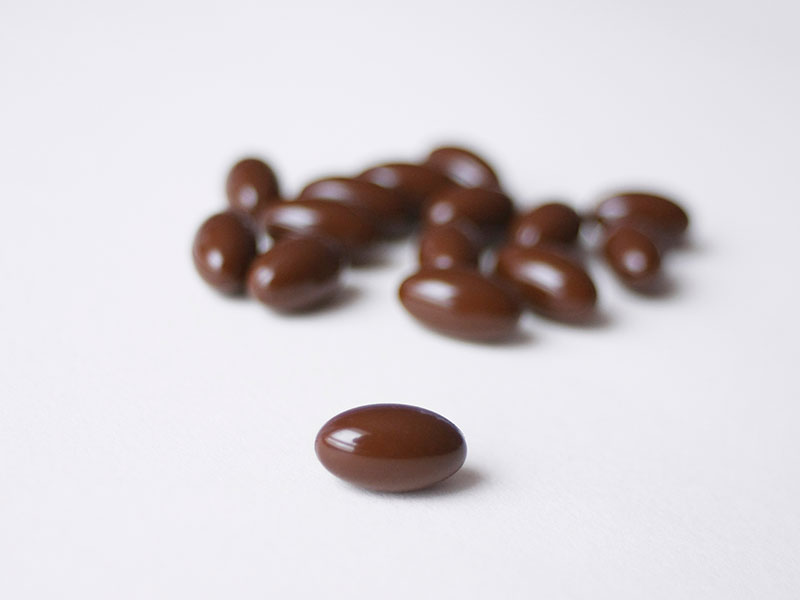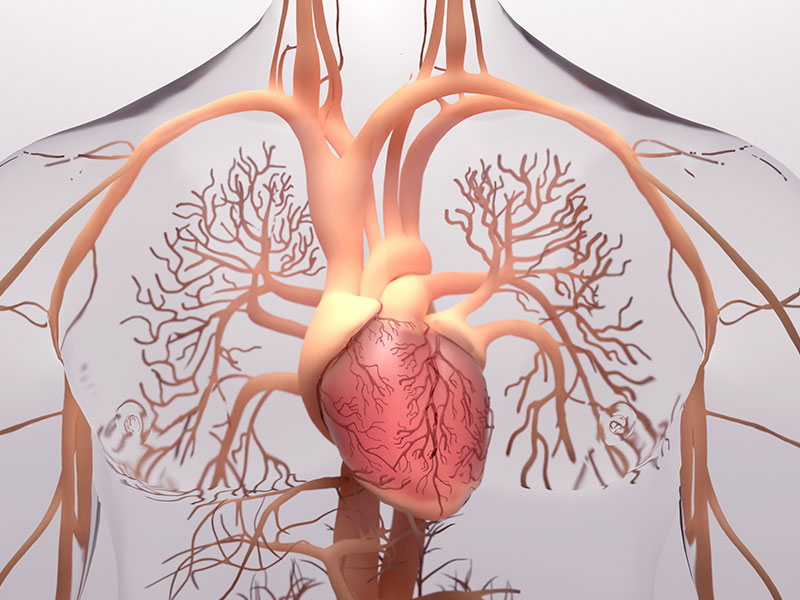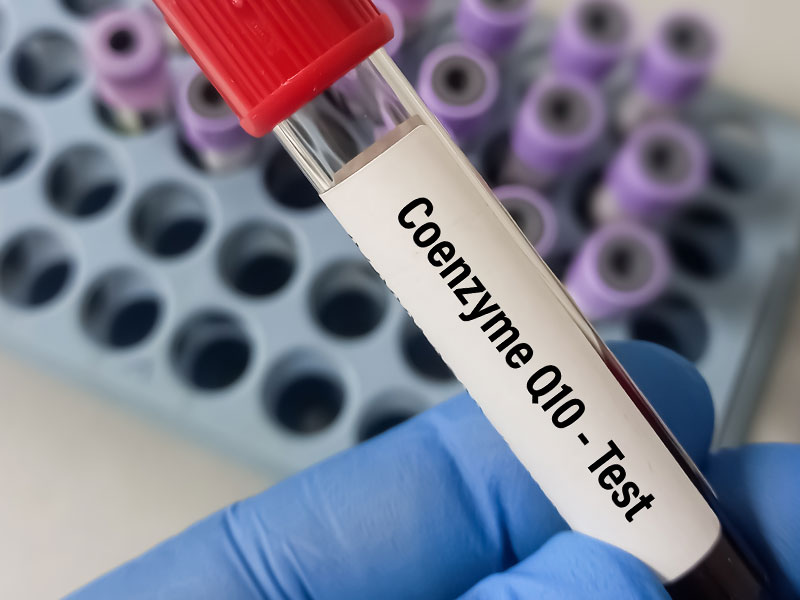Coenzyme Q10 and Aging
Biological aging is associated with low plasma CoQ10 concentrations and with the resulting worsening of mitochondrial dysfunction, oxidative stress, and systemic inflammation.
CoQ10 supplementation has a positive effect on mitochondrial deficiency syndrome and some of the symptoms of aging.
The bio-energetic and antioxidant effects of Coenzyme Q10 reduce the risk of cardiovascular disease in elderly individuals.

Newest Articles About CoQ10 and Aging
What Causes Coenzyme Q10 Deficiency
Coenzyme Q10 plays a central role in cell metabolism. Consequently, CoQ10 deficiency is associated with a wide range of disorders. Supplementation with CoQ10 or with CoQ10 combined with selenium reduces mortality by nearly 50% in patients with heart failure and senior citizens.
Coenzyme Q10 and Aging and Mitochondrial Dysfunction
As we get older, our cells undergo altered mitochondrial dynamics. Mitochondrial dysfunction leads to reduced cellular energy generation, increased oxidative stress, and increased systemic inflammation. CoQ10 supplementation is a therapeutic strategy to protect heart function.
Coenzyme Q10 and Anti-aging Effects
As we get older, our bodies synthesize less and less Coenzyme Q10. We need CoQ10 supplementation. The absorption of CoQ10 supplements varies widely, depending upon the manufacturer’s formulation. Be sure to buy a CoQ10 supplement with documented absorption and clinical efficacy.

